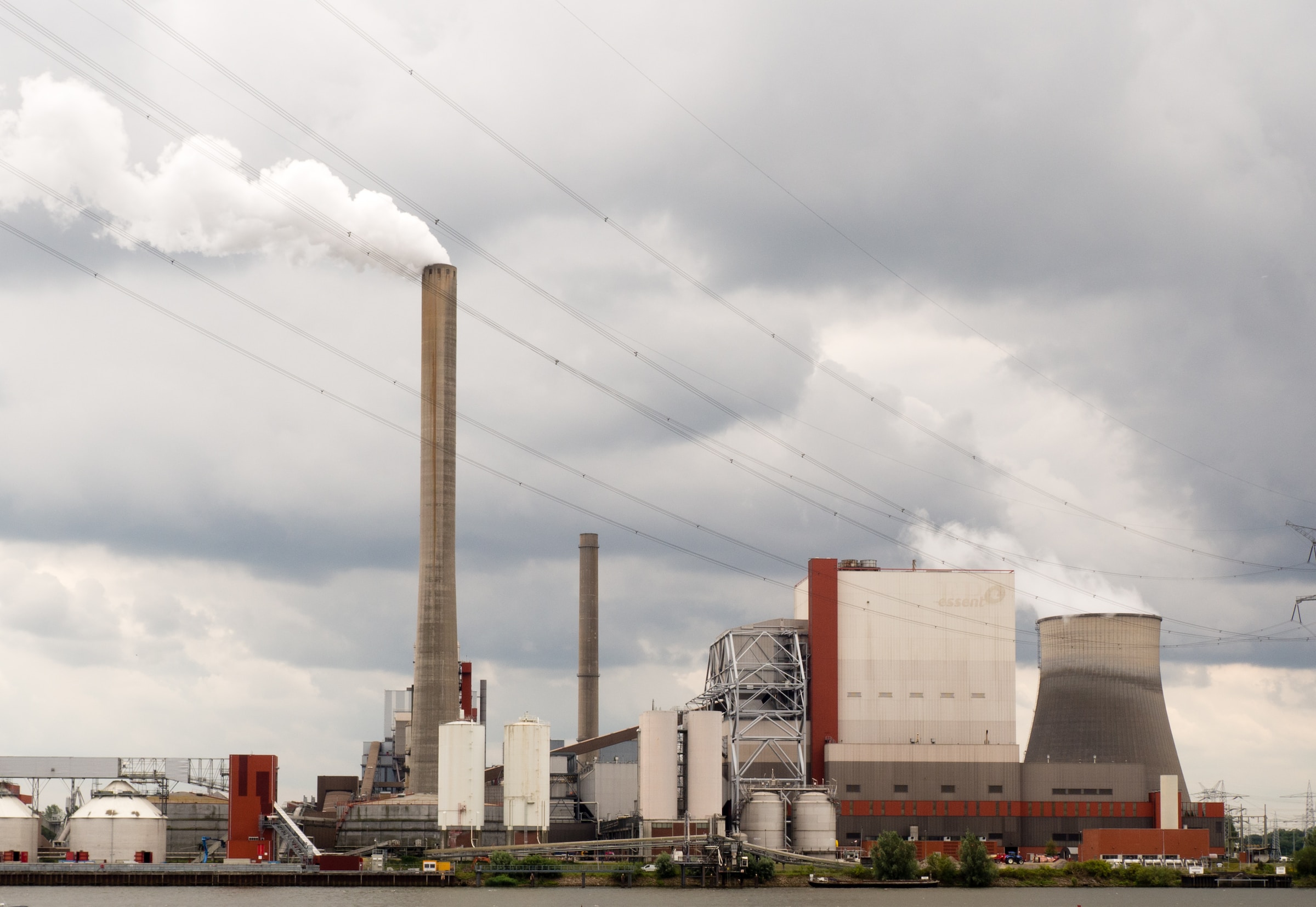
The Global Hydrogen Conundrum: Promise, Costs, and the Need for Support
The world has been buzzing about the potential of hydrogen as a clean fuel source, yet the dream seems to be dangling just out of reach, hindered by soaring costs and lackluster governmental policy support. The fervor behind hydrogen, often touted as the future of clean energy, is palpable. However, the realization of its potential seems stifled, with economic and political challenges looming large on the horizon.
According to a recent report from the International Energy Agency (IEA), the landscape is flooded with announcements of low-emission hydrogen projects. Still, without substantial government backing, developers are left in a precarious situation, hesitant to invest. While hydrogen made via less polluting methods sounds promising, it currently accounts for a meager 1% of global production.
Fatih Birol, the executive director of the IEA, articulated the global sentiment. “The world has witnessed an incredible momentum in low-emission hydrogen projects in recent years,” he noted. Yet, he is quick to add that the present challenging economic milieu will be a litmus test for both policymakers and hydrogen developers.
The allure of hydrogen is undeniable. A gas that combusts cleanly, it represents a beacon of hope for industries notorious for their environmental footprints, such as steel and chemical manufacturing. However, a significant caveat exists: almost all the hydrogen produced today emanates from fossil fuels, leading to the release of detrimental greenhouse gases.
Current problems
Factors like escalating energy prices, rampant inflation, and supply chain disruptions – especially in the wake of Russia’s invasion of Ukraine – have further compounded the issue. The 2022 global demand for hydrogen spiked to an impressive 95 million tonnes. Yet, this demand primarily emanated from traditional industries, relying heavily on unabated fossil fuels.

There’s a glimmer of hope, though. Hydrogen can be produced cleanly either by electrolyzing water using renewable electricity or by capturing the carbon dioxide released in conventional fossil fuel-based methods. But both methods have their share of controversies. While the former is pegged as environmentally friendly, projects employing the latter technique have come under scrutiny for capturing insufficient carbon and leaking substantial amounts of methane.
This division in methodology might partly explain the IEA’s findings. Although potential annual hydrogen production could surge to 38 million tonnes by 2030, companies have committed to a mere 4% of the announced projects.
Governments, while showing some initiative towards increasing hydrogen supply, have been notably slower in stimulating its demand. A distinct disparity exists: while production targets hover around 35 million tonnes, demand goals are set at just 14 million tonnes.
Adrian Odenweller, a prominent scientist at the Potsdam Institute for Climate Impact Research, emphasized the report’s implications. “The steadily growing project pipeline is hampered by increasing costs and slow adoption of support schemes,” he noted. This predicament is especially evident for electrically-produced hydrogen. Despite the IEA’s previous year’s projection of a global electrolyser capacity of 1.4GW for 2022, the actual figure was only 0.7GW. Odenweller remarked, “The challenge lies in simultaneously scaling up supply, demand, and infrastructure, leading to short-term scarcity and long-term uncertainty.”
The path forward, as outlined by the IEA, hinges on robust support schemes, more aggressive action to foster demand, streamlined processes for project licensing and permits, and international cooperation to foster a standardized hydrogen market.
Timur Gül, the IEA’s Chief Energy Technology Officer, sums it up aptly: “This is the pivotal decade for reducing low-emission hydrogen costs.” As the world grapples with the environmental crisis, the need to harness hydrogen’s potential has never been more urgent. The question remains: will global leaders step up to the challenge?
©eco-guardians.org